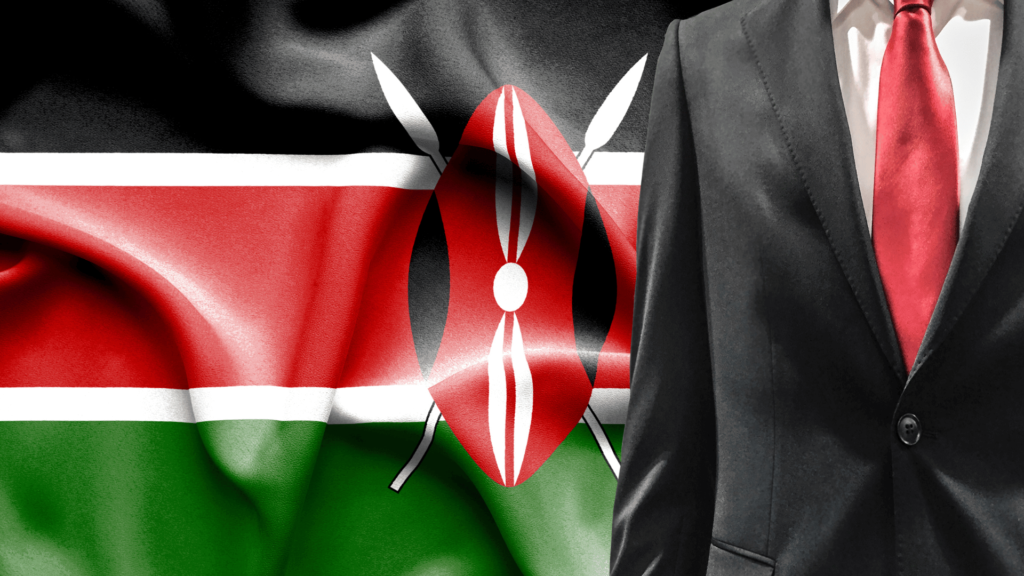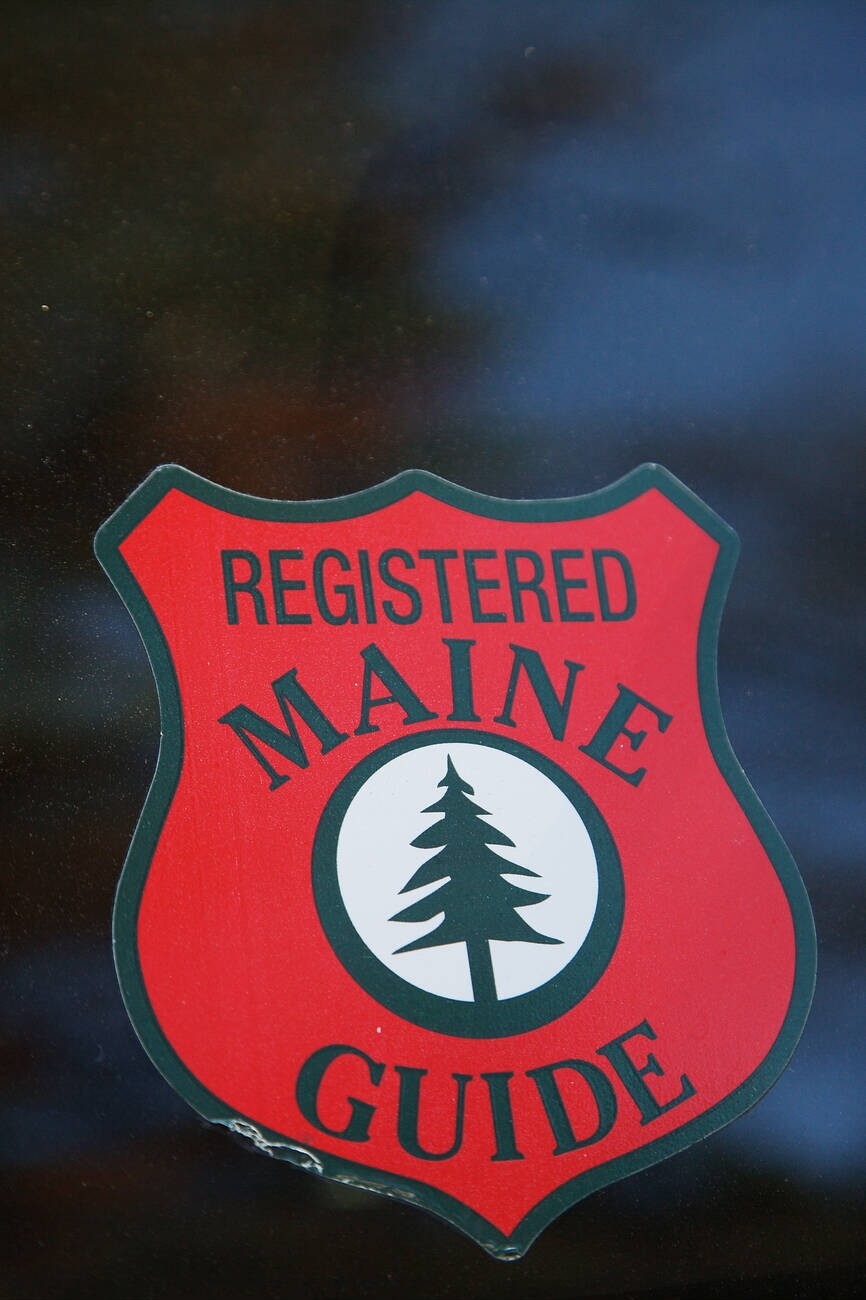Becoming a lawyer in Kenya demands not only dedication and hard work but also a steadfast commitment to understanding the intricacies of the law and a passion for upholding justice. The journey includes obtaining a postgraduate diploma at the Kenya School of Law, followed by a period of pupilage, essential for qualifying as an Advocate of the High Court of Kenya. This guide aims to offer practical advice and insights for navigating the crucial steps involved in pursuing a legal career in Kenya.
Understanding the Legal System in Kenya

To become a lawyer in Kenya, it is important to have a good understanding of the legal system in the country. The Kenyan legal system is based on English common law, as well as African customary law and Islamic law. The Kenyan Constitution is the supreme law of the land and provides for a separation of powers between the executive, legislative, and judiciary branches of government.
The judiciary in Kenya is headed by the Chief Justice and comprises the Supreme Court, Court of Appeal, High Court, and Magistrates’ Courts. The Supreme Court is the highest court in the land and has the final say on matters of law. The Court of Appeal hears appeals from the High Court and other lower courts, while the High Court has original jurisdiction over civil and criminal matters.
To become a lawyer in Kenya, you must first obtain a Bachelor of Laws (LLB) degree from a recognized university. After completing your LLB, you must then enroll in the Kenya School of Law, which is responsible for training lawyers in the country. The Kenya School of Law offers a one-year postgraduate diploma in law, which is a prerequisite for admission to the bar.
Once you have completed your diploma in law, you must then apply for admission to the bar. This involves sitting for the Advocates Training Programme (ATP) and passing the bar exams. After passing the bar exams, you will be admitted to the role of advocate and will be licensed to practice law in Kenya.
In conclusion, becoming a lawyer in Kenya requires a good understanding of the legal system in the country, as well as a commitment to academic excellence and professional ethics. With hard work and dedication, however, it is possible to build a successful career in law and make a positive impact on society.
Educational Requirements
If you’re interested in becoming a lawyer in Kenya, you must meet certain educational requirements. Here are the three main steps to becoming a lawyer in Kenya:
Undergraduate Degree
The first step is to obtain a Bachelor of Laws (LLB) degree from a recognized university in Kenya. The LLB program usually takes four years to complete. To be considered for admission into a law degree in Kenya (Bachelor of Laws), you must meet the following minimum academic requirements:
- Have a Kenya Certificate of Secondary Education (K.C.S.E.) mean grade of C+ (C plus) or equivalent OR
- Have a diploma or degree from a recognized institution.
Kenya School of Law
After obtaining your LLB degree, you must then complete the Kenya School of Law (KSL) program. This program is a mandatory requirement for all law graduates who wish to practice law in Kenya. The KSL program takes one year to complete and covers both practical and theoretical aspects of the law.
Legal Practice Course
Once you have completed the KSL program, you must then complete the Legal Practice Course (LPC). This course is offered by the Council of Legal Education (CLE) and takes six months to complete. The LPC covers practical skills such as drafting legal documents, advocacy, and legal research.
In summary, to become a lawyer in Kenya, you must obtain an LLB degree, complete the Kenya School of Law program, and finish the Legal Practice Course. With these qualifications, you will be eligible to practice law in Kenya.
The Kenya Bar Examination
Congratulations on reaching this stage of your journey to becoming a lawyer in Kenya! The Kenya Bar Examination is the final hurdle that you must overcome to become a fully-fledged advocate of the High Court of Kenya.
The Bar Examination is administered by the Council of Legal Education (CLE) twice a year, in April and November. The examination consists of two parts: the written examination and the oral examination.
The written examination is divided into two papers: Paper A and Paper B. Paper A tests your knowledge of the substantive law, while Paper B tests your understanding of the procedural law. Each paper is worth 50% of your overall score.
The oral examination is designed to test your advocacy skills. You will be given a hypothetical case and asked to argue it before a panel of judges. The oral examination is worth 30% of your overall score.
To prepare for the Bar Examination, you should enroll in a reputable bar review course. These courses will provide you with the knowledge and skills you need to pass the examination. You should also practice your advocacy skills by participating in moot court competitions and other similar activities.
Once you have passed the Bar Examination, you will be admitted to the bar as an advocate of the High Court of Kenya. Congratulations, you are now a fully-fledged lawyer in Kenya!
Legal Apprenticeship and Pupillage
If you want to become a lawyer in Kenya, you will need to complete a pupillage program. Pupillage is a one-year apprenticeship that is required by the Law Society of Kenya (LSK) for all law graduates who want to practice law in Kenya.
Finding a Pupillage
To find a pupillage, you can check with the Office of the Attorney General and Department of Justice (OAG & DOJ) or with law firms in Kenya. The OAG & DOJ offers a pupillage program, and many law firms also offer pupillage positions. You can also check with the Kenya School of Law (KSL) for information on pupillage opportunities.
When looking for a pupillage, it is important to consider the type of law you want to practice. Some law firms specialize in certain areas of law, such as corporate law or family law. You should also consider the location of the law firm or organization offering the pupillage, as this may affect your ability to commute to work.
Registration with the Law Society of Kenya
Before you can start your pupillage, you will need to register with the Law Society of Kenya (LSK). To register, you will need to provide proof of your law degree and complete an application form. You will also need to pay a registration fee.
Once you have completed your pupillage, you will need to take the Advocates Training Program (ATP) at the Kenya School of Law (KSL). After completing the ATP, you will need to pass the bar exam before you can practice law in Kenya.
Overall, completing a pupillage program is an important step in becoming a lawyer in Kenya. By finding a pupillage and registering with the LSK, you can gain valuable experience and start your journey towards becoming a successful lawyer.
Continuing Professional Development
As a lawyer in Kenya, it is important to continue developing your skills and knowledge throughout your career. This is where the Continuing Professional Development (CPD) program comes in.
The Law Society of Kenya (LSK) Committee on Continuous Professional Development provides policy direction to the program and meets monthly to discuss any pertinent issues surrounding the CPD program. The Kenya School of Law Continuing Professional Development Section also offers quality training in law relating to various disciplines for the professional development of lawyers, public, state officers, and private sector actors.
All practicing advocates in Kenya are required to attend Continuous Professional Development sessions. The CPD program is mandated with the responsibility of ensuring continuous professional learning for all advocates in Kenya after they are admitted to the Bar.
The CPD courses offered cover a wide range of topics, including legal audit and compliance, anti-corruption and criminal litigation strategies, and corporate communication. The courses are designed to help lawyers stay up-to-date with the latest legal developments and best practices, as well as to enhance their skills and knowledge in specific areas of law.
The Kenya School of Law offers over 17 CPD courses, and over 1,700 students have enrolled in the Advocates Training Programme. The main campus is located 17km from the CBD, and you can contact the Kenya School of Law via phone or email for more information.
Attending CPD courses not only helps you stay up-to-date with the latest legal developments but also helps you build a strong professional network and gain valuable insights from other legal professionals. Make sure to take advantage of this opportunity to enhance your skills and knowledge as a lawyer in Kenya.
Frequently Asked Questions
What exciting steps must one take to qualify as an advocate in Kenya?
To become an advocate in Kenya, you need to have a Bachelor of Laws (LLB) degree from a recognized university. After that, you will need to complete the Kenya School of Law (KSL) program, which takes a minimum of six months. Upon completion of this program, you will be required to sit for the Bar Examination before being admitted to the bar.
How long is the thrilling journey through Kenya School of Law to become a lawyer?
The Kenya School of Law program takes a minimum of six months to complete. However, this may vary depending on the mode of study and the availability of resources.
What’s the exhilarating earning potential for a lawyer practicing in Kenya?
The earning potential for a lawyer in Kenya varies depending on the area of specialization, years of experience, and the type of law firm you work for. However, on average, a lawyer in Kenya can earn between Ksh 70,000 to Ksh 250,000 per month.
Can a passionate Kenyan lawyer spread their wings to practice in the USA?
Yes, a Kenyan lawyer can practice law in the USA. However, they will need to meet the requirements set by the American Bar Association, which include passing the Bar Examination, completing a Juris Doctor degree, and meeting the character and fitness requirements.
What are the key requirements under the Advocates Act in Kenya for legal eagles?
The key requirements under the Advocates Act in Kenya include
- having a Bachelor of Laws degree from a recognized university,
- completing the Kenya School of Law program, and
- passing the Bar Examination.
Additionally, you must be of good character and not have any criminal convictions.
What does it mean to be an Advocate of the High Court of Kenya, and why is it so prestigious?
Being an Advocate of the High Court of Kenya means that you have been admitted to the bar and are authorized to practice law in the High Court of Kenya. It is a prestigious title because it signifies that you have gone through the rigorous process of becoming a lawyer in Kenya and have met the requirements set by the Advocates Act.





